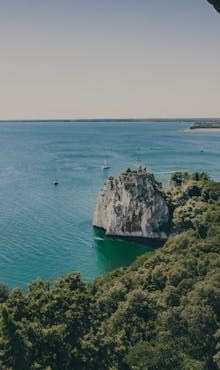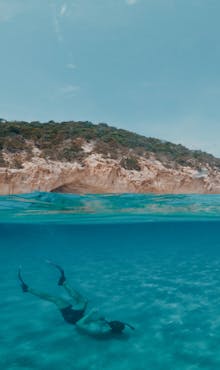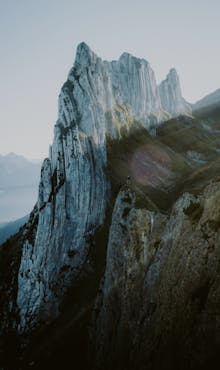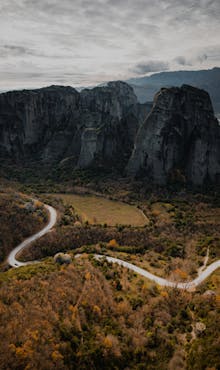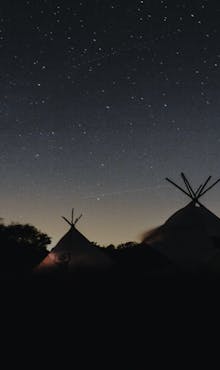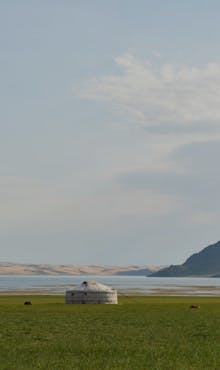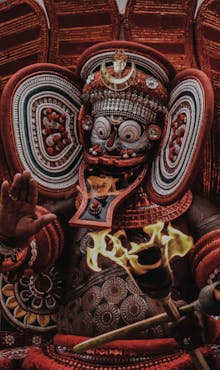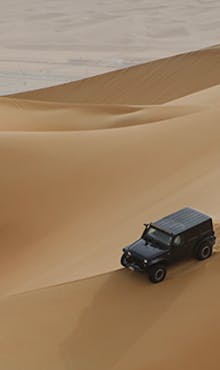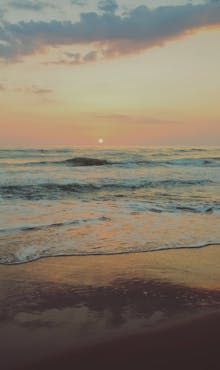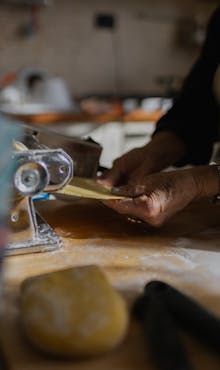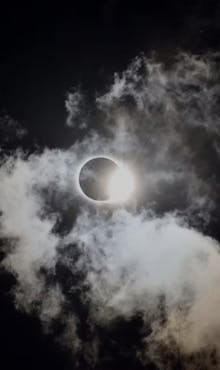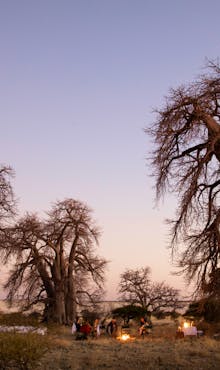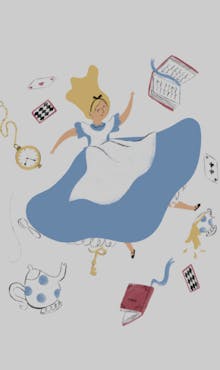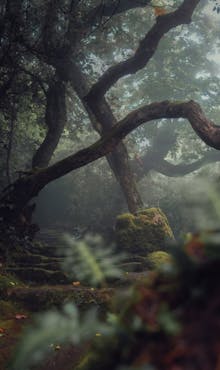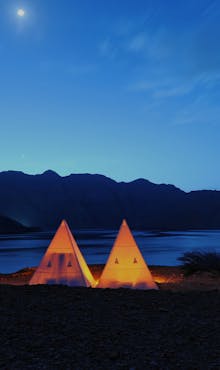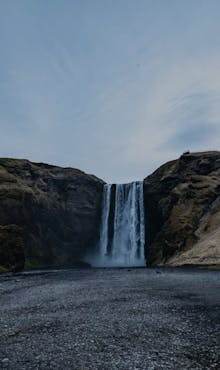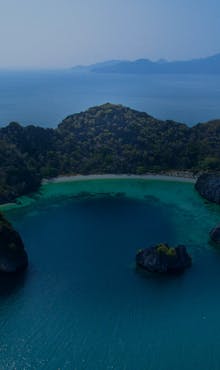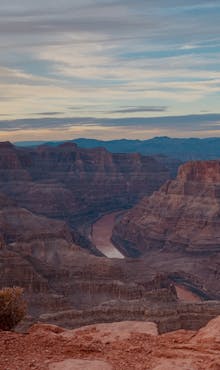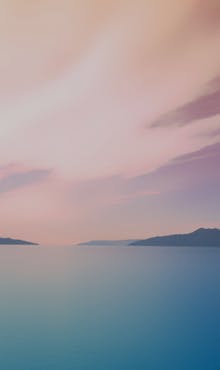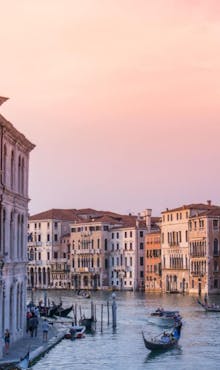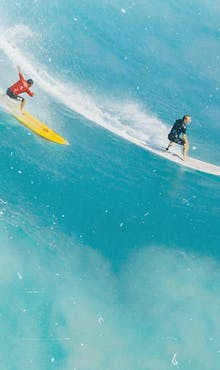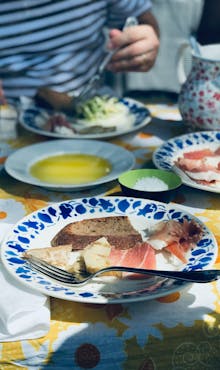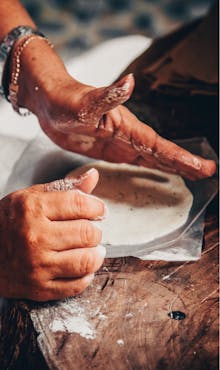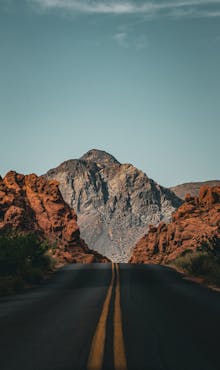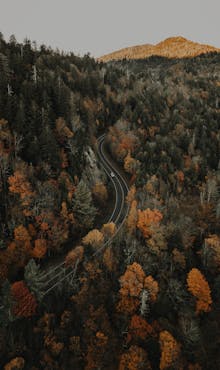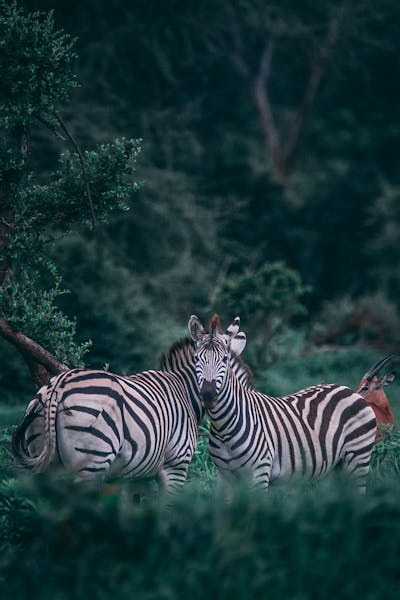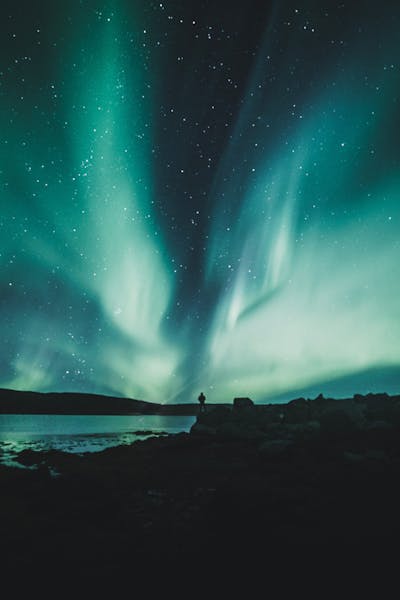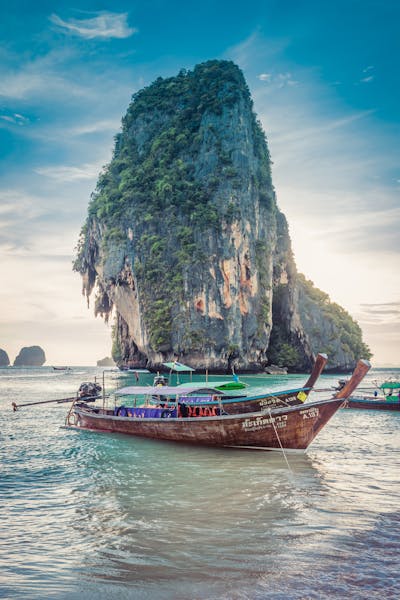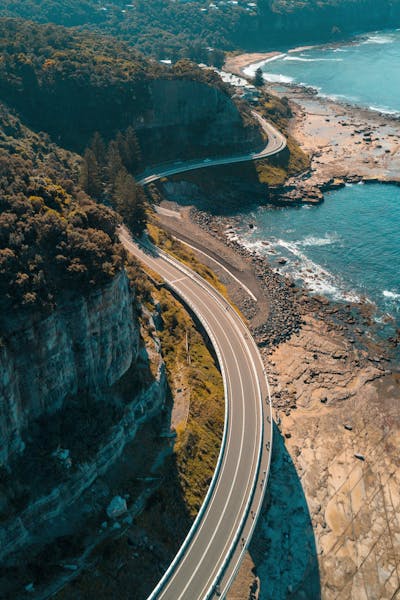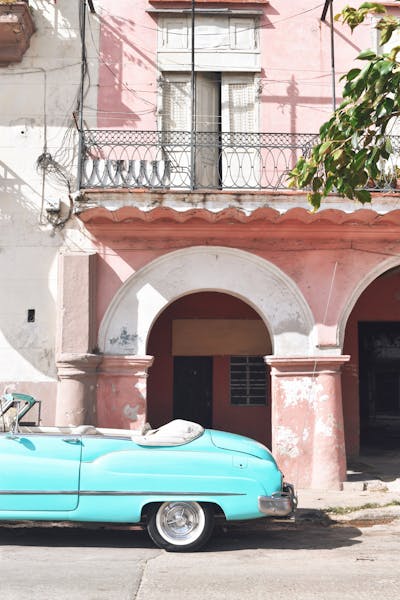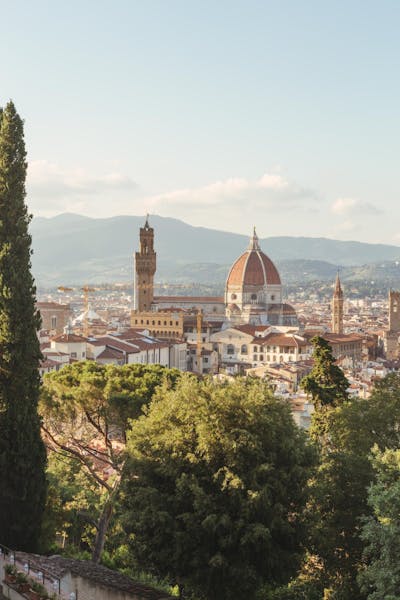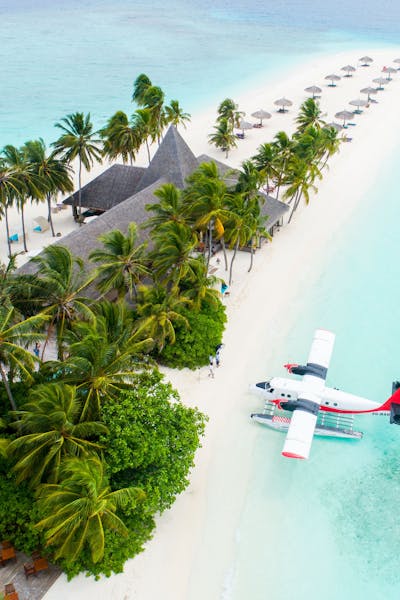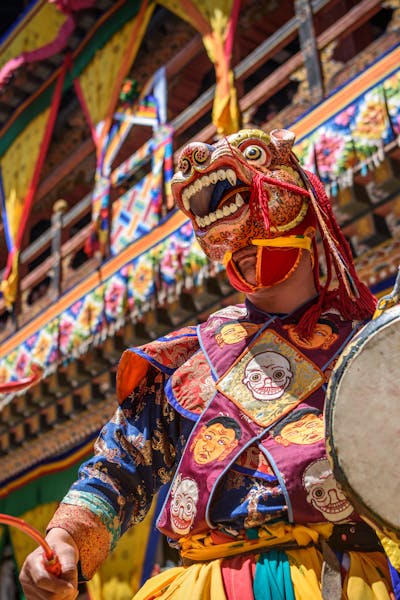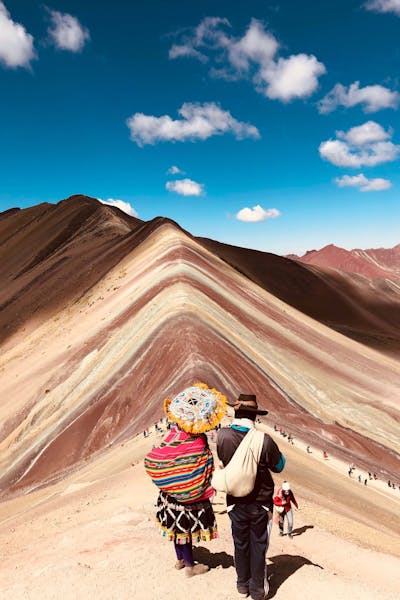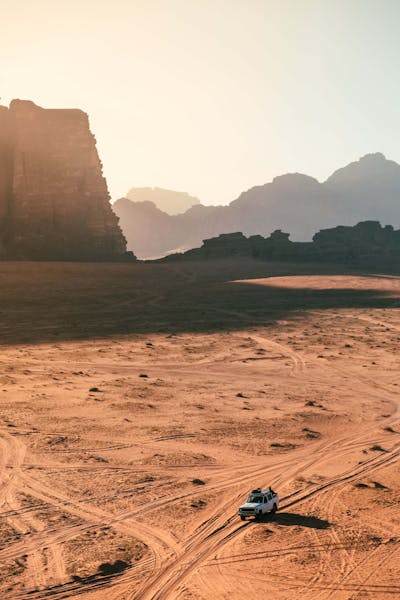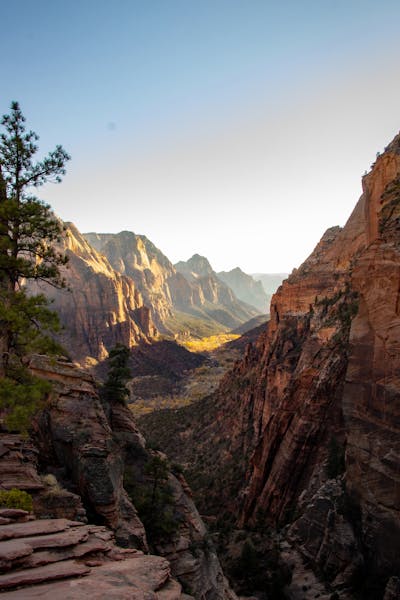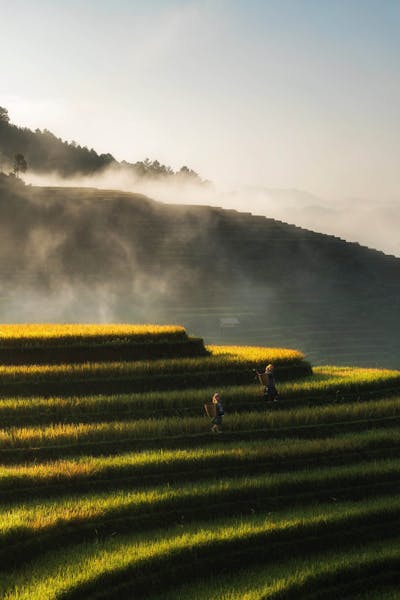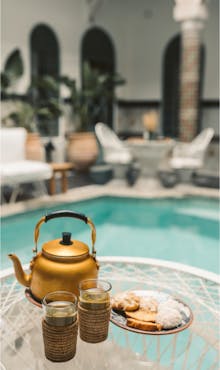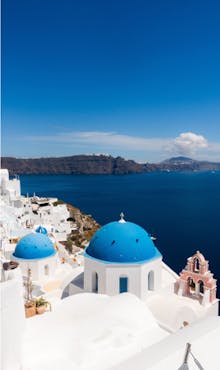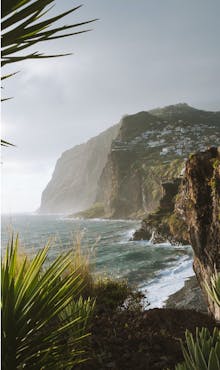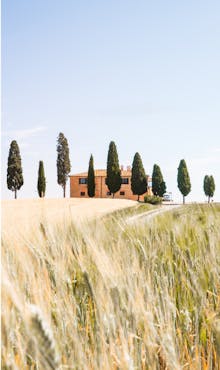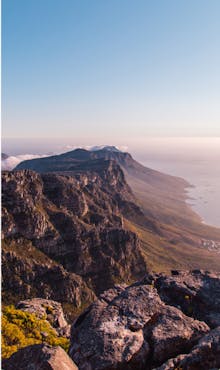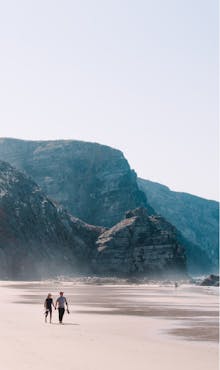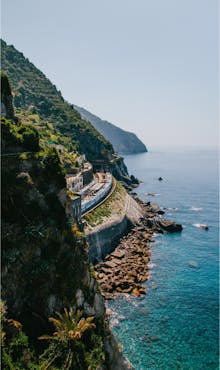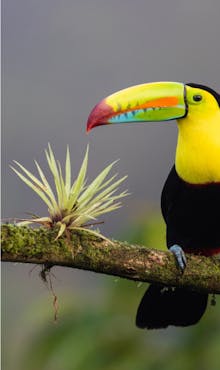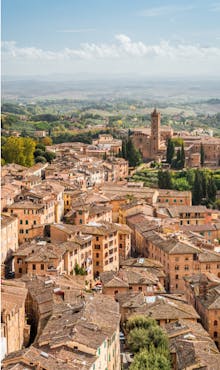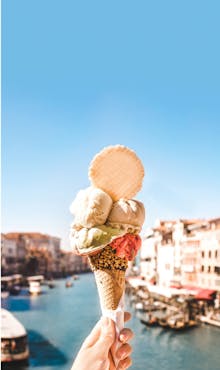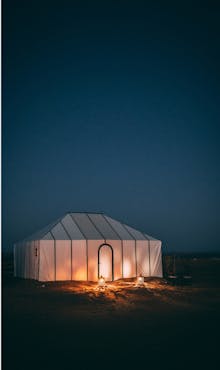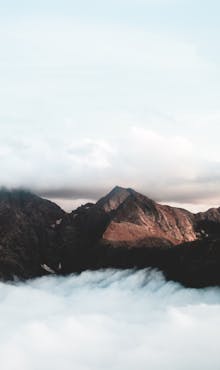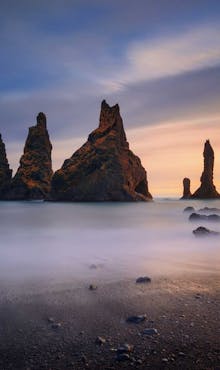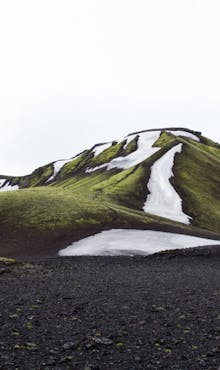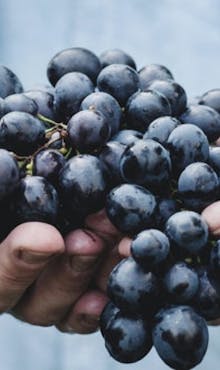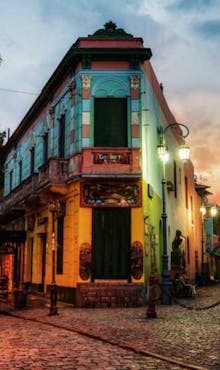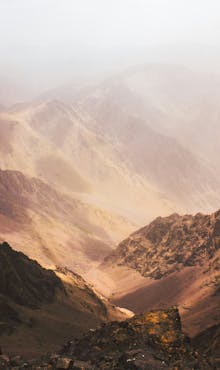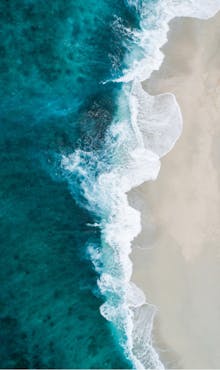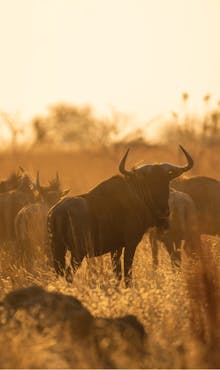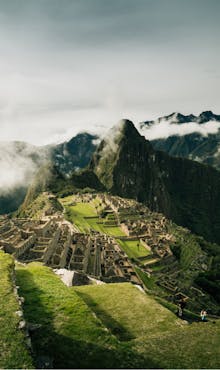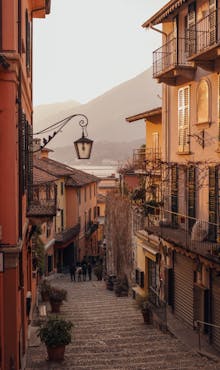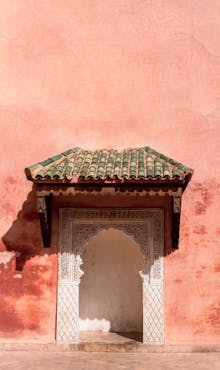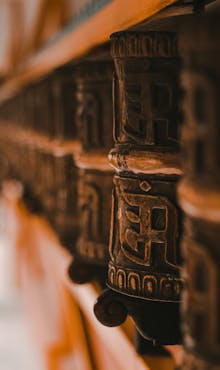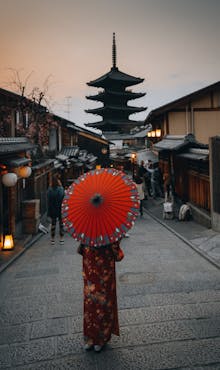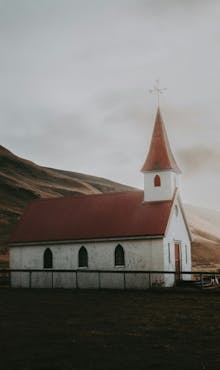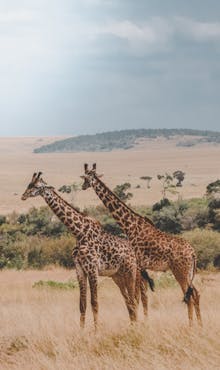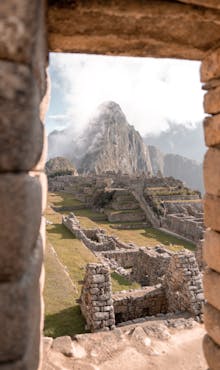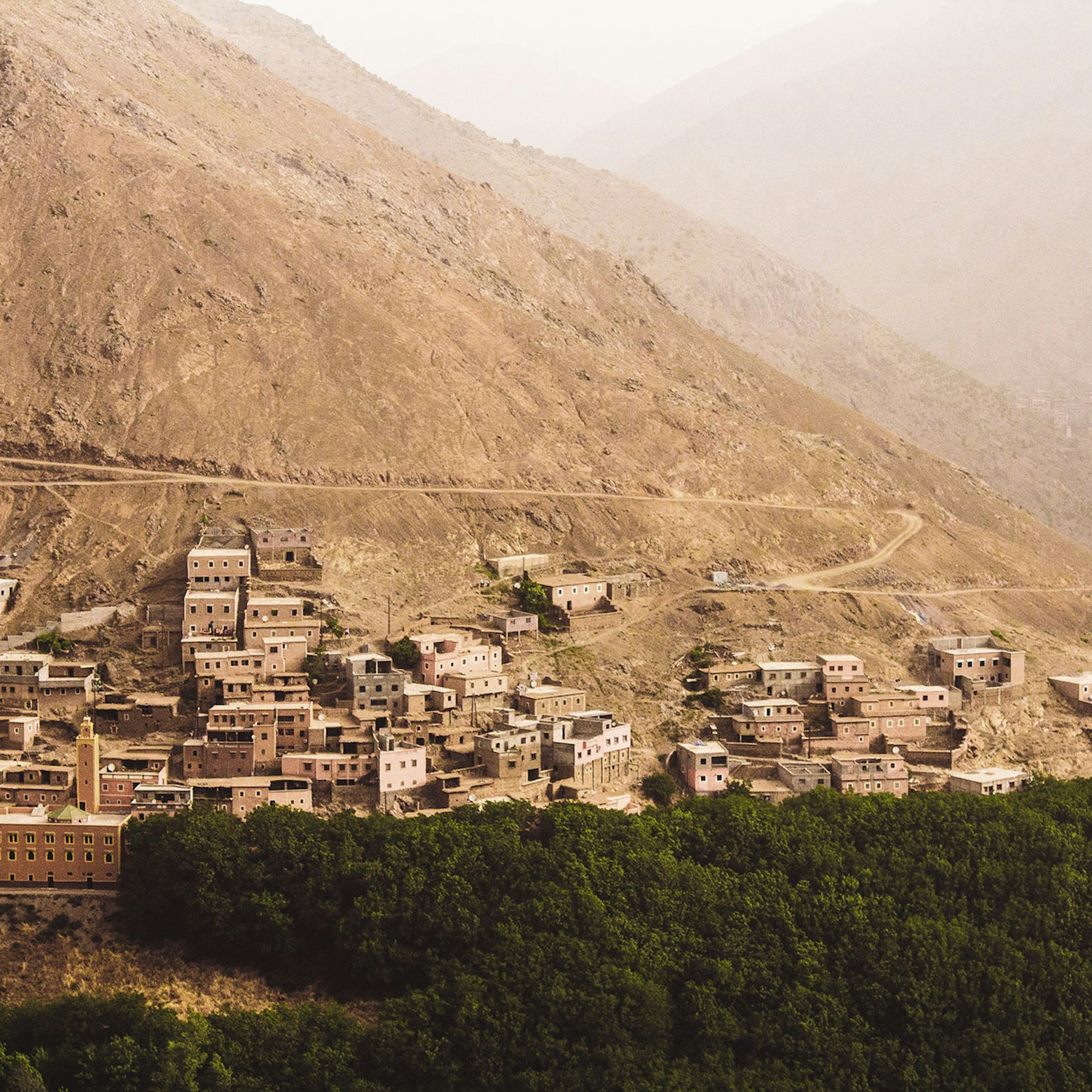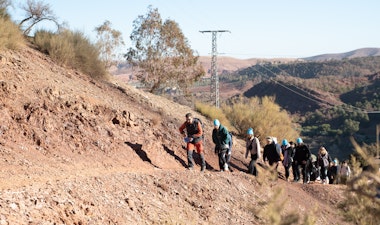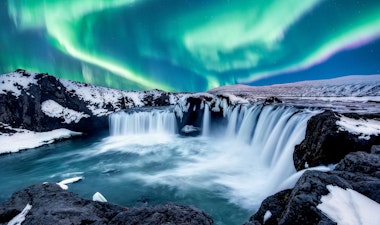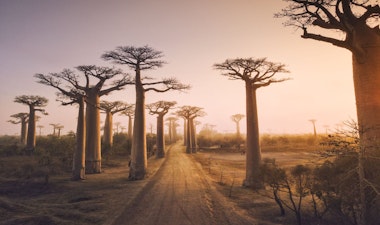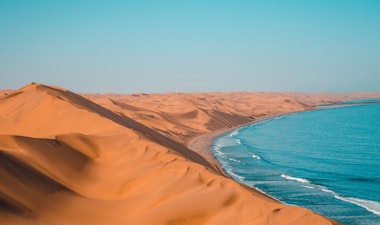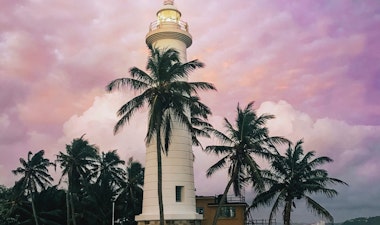The Sound of: Morocco
As part of a new series, we tune in to the sound and music of destinations in the Black Tomato universe. First up, Morocco – from traditional Berber chanting to incomparably catchy pop.
As a confluence of African, French, and – today – global music, the sounds of Morocco are nothing if not varied. From rhythmic Berber chanting to the sweltering, sun-drenched sounds of Egyptian influenced Chaabi, one of Morocco’s most popular genres is the country’s repertoire of African Islamic spiritual music, known as Gnawa, which continues to influence major artists even today. When travelling in the country, you’ll hear music wherever you go – echoing out of portable radios, played movingly in restaurants, or during impromptu performances high in the Atlas Mountains. Catch our exclusive playlist below, and turn the volume up for Morocco. Oh, and you can enquire about our Moroccan trips here.
El Baz Ouichen – Rais Ahmed Ben Bakrim
American poet and composer Paul Bowles first traveled to Morocco during the 1930s. The sounds of the country – especially what he saw as the ‘real’ music of the Berber tribes – would eventually lead to his making a series of recordings in 1959, which would find their eventual release in 1972 as part of a (very much out-of-print) double record. There’s much to enjoy on this (thankfully now digitised) LP, but El Baz Ouichen, by Rais Ahmed Ben Bakrim, is our personal favourite.
No Borders – Malika Zarra
A Moroccan multi-instrumentalist of Berber origin, Zarra’s jazz-trained background and French education play a definite influence on her music, fusing centuries-old musical traditions of Berber and Gnawa with more contemporary jazz. The result is a rich and diverse sonic collage – always catchy, and always reminiscent of our trips to the country.
La femme ideale – Titi Robin and Mehdi Nassouli
Nassouli, who is of Berber origin, is a rising voice within the Gnawa scene who has also played across a number of contemporary jazz festivals. His following has grown considerably after choice collaborations with the likes of Nneka and cross-genre experiments, including hip-hop.
Rouah Awinou – Ammouri M’barek
This slice of Berber music benefits from M’barek’s modernising, rejuvenating approach to the genre. Born in 1951 in rural Morocco, the musician has disrupted traditional melodies through the use of rock instruments, while drawing on elements of Reggae and Latin sound. Upbeat, enriching, and deeply listenable, he has been an active name on the scene since the 1970s.
Persepolis – Cairo Liberation Front, Jabo
Dance music is an inseparable part of urban culture in Morocco – from Rabat to Tangier. Pulsing, jubilant, heated. Festivals such as Oasis, which have gained popularity over the past years, have cemented Morocco as a destination for the cutting-edge of electronic music – albeit with a truly North African vibe. By no means the most raucous, Persepolis by Belgian-Moroccan producer Jabo is a real keeper. Listen to it as you land.
Bangara (AkizzBeatzz remix) – Innov Gnawa and AkizzBeatzz
For an artist who describes themselves as ‘Prince of Morocco sounds from the big city,’ you won’t be surprised by the largeness and largesse of AkizzBeatzz’s music. Deftly transforming the traditional performance musics of his homeland into mixes appropriate for sweaty dance-floors, his machine-inspired sounds draw on the likes of Bonobo and Daniel Avery, making his music a boiling-pot of the local and the global. Vast, and compact, in the same well-cut measure.
Sunshine Love – Omary
Fit for dancefloors from Tangier to Tokyo, Omary’s sun-soaked take on Afro rhythmic house brings percussive beats and heavenly slabs of synth together in a genuinely, dizzying combination. Lush, and absolutely designed for the summer (in more than just name).
African Blues – Majid Bekkas, Etc
Traditional melodies and modern arrangements come head-to-head (albeit gently, forgivingly) in the music of Majid Bekkas. This marks a true balancing act between the traditional and the modern, where Bekkas makes use of the vocal power and range of Gnawa while deepening its mystical aspect. Of course, what’s also at play here is the blues. Drink it in.
MINA – Douzi
And now, for an unapologetic slab of modern Moroccan pop. Douzi was once voted 4th most influential Arab recording artist by Forbes, after creating the hit single for the World Cup – Colors. The Moroccan sensation has a profile that extends well beyond his home country. It’s a long way from the drumming beats of traditional Berber music, but not too far.
WANT TO HEAR MOROCCO FROM THE SOURCE? OUR TRAVEL EXPERTS CAN HELP
If you’re inspired to travel to this vibrant, culturally diverse country, then get in touch today.




